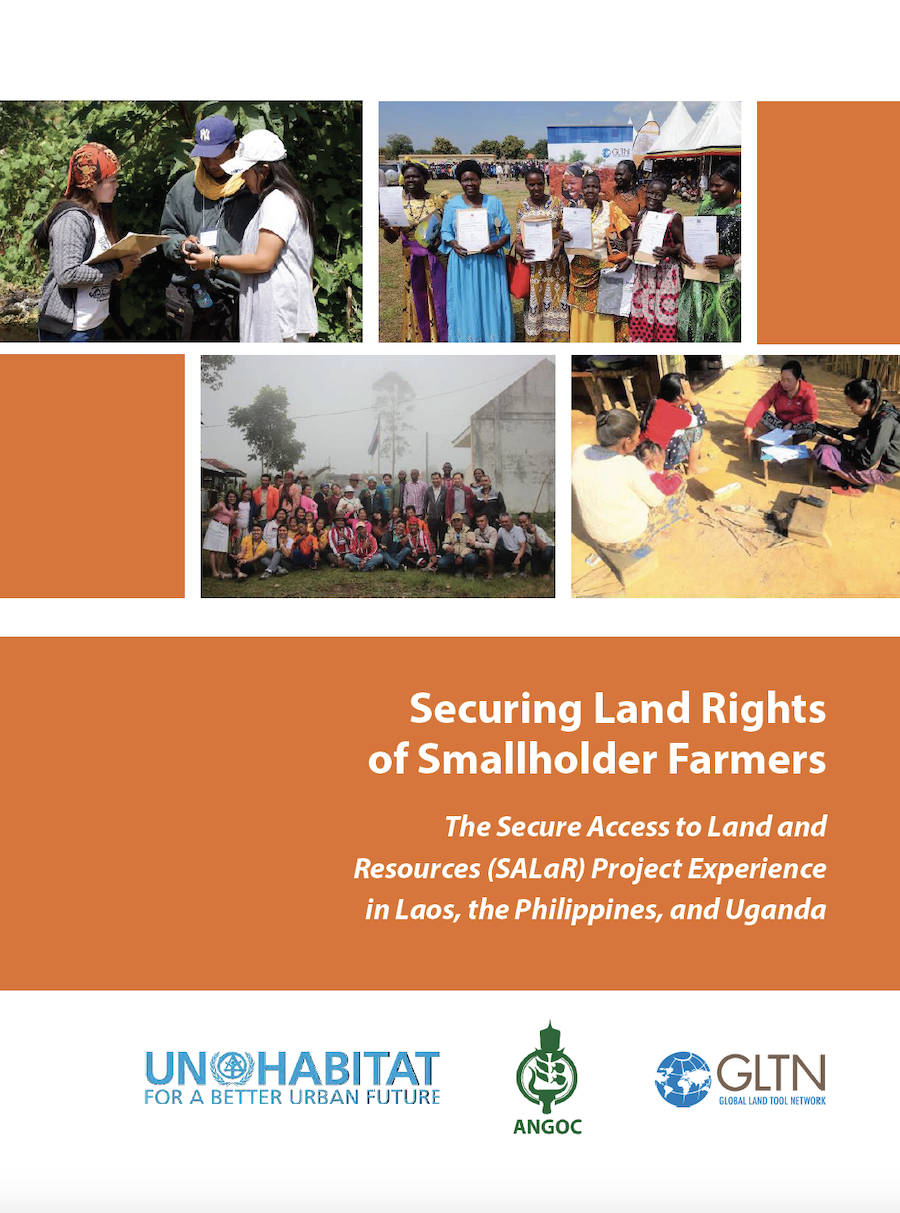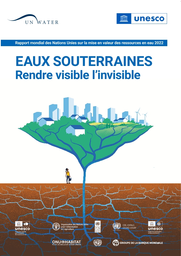Location
UN-Habitat is the United Nations programme working towards a better urban future.
Its mission is to promote socially and environmentally sustainable human settlements development and the achievement of adequate shelter for all. Cities are facing unprecedented demographic, environmental, economic, social and spatial challenges. There has been a phenomenal shift towards urbanization, with 6 out of every 10 people in the world expected to reside in urban areas by 2030. Over 90 per cent of this growth will take place in Africa, Asia, Latin America, and the Caribbean. In the absence of effective urban planning, the consequences of this rapid urbanization will be dramatic. In many places around the world, the effects can already be felt: lack of proper housing and growth of slums, inadequate and out-dated infrastructure – be it roads, public transport, water, sanitation, or electricity – escalating poverty and unemployment, safety and crime problems, pollution and health issues, as well as poorly managed natural or man-made disasters and other catastrophes due to the effects of climate change. Mindsets, policies, and approaches towards urbanization need to change in order for the growth of cities and urban areas to be turned into opportunities that will leave nobody behind. UN-Habitat, the United Nations programme for human settlements, is at the helm of that change, assuming a natural leadership and catalytic role in urban matters. Mandated by the UN General Assembly in 1978 to address the issues of urban growth, it is a knowledgeable institution on urban development processes, and understands the aspirations of cities and their residents. For close to forty years, UN-Habitat has been working in human settlements throughout the world, focusing on building a brighter future for villages, towns, and cities of all sizes. Because of these four decades of extensive experience, from the highest levels of policy to a range of specific technical issues, UN-Habitat has gained a unique and a universally acknowledged expertise in all things urban. This has placed UN-Habitat in the best position to provide answers and achievable solutions to the current challenges faced by our cities. UN-Habitat is capitalizing on its experience and position to work with partners in order to formulate the urban vision of tomorrow. It works to ensure that cities become inclusive and affordable drivers of economic growth and social development.
Members:
Resources
Displaying 11 - 15 of 224Metadata on SDGs Indicator 1.4.2
Indicator 1.4.2: Proportion of total adult population with secure tenure rights to land, (a) with legally
recognized documentation, and (b) who perceive their rights to land as secure, by sex and type of tenure
Securing Land Rights of Smallholder Farmers
This report summarizes the background, achievements and emerging outcomes of the Securing Access to Land and Resources (SALaR) project implemented towards improving land and natural resources tenure security for rural poor smallholder farmers, including women, men, youth and vulnerable groups in Uganda, Philippines and Laos.
Urban-Rural Land Linkages: A Concept and Framework for Action
The Ninth of March 2021 will go down in history for the residents of Mambasa Territory in Ituri Province as the day the government laid the foundation stone for the Mambasa Land Administration building.
Rapport mondial des Nations Unies sur la mise en valeur des ressources en eau 2022 : eaux souterraines : rendre visible l’invisible
Ce rapport met en lumière les principaux risques et tendances relatifs aux ressources en terres, en sols et en eau et présente les moyens par lesquels nous pourrons résoudre les problèmes de concurrence entre utilisateurs et produire les multiples avantages souhaitables pour les populations et l’environnement. Disponible dans toutes les langues officielles de l’ONU ainsi que sous format numérique pour une lecture sur appareil portable. Rapport complet disponible en 2022.
Getting it right from planning to reporting: A guidance tool for women’s land rights data and statistics
To ensure a better and more sustainable future for all, the 2030 Agenda for Sustainable Development (“the 2030 Agenda”) has identified 17 Sustainable Development Goals (SDGs) to be achieved by 2030. SDGs range from poverty eradication, zero hunger, decent work and reduced inequalities to quality education, clean water and sanitation, and gender equality, only to name some of them.



